In the competitive world of real estate, client relationships are paramount. Building and maintaining strong connections with clients can make the difference between closing a deal and losing it to a competitor. As technology advances, the use of Customer Relationship Management (CRM) systems has become a powerful tool in the real estate industry, transforming how businesses manage their relationships with consumers. A Real Estate CRM not only streamlines operations but also significantly enhances customer experience and service. This blog will delve into the various features and benefits of CRM systems and provide practical tips for implementing them effectively in the real estate sector.
Understanding Real Estate CRM
What is CRM?
CRM, or Customer Relationship Management, is a technology for managing a company's relationships and interactions with potential and existing customers. In the real estate industry, a CRM system helps manage everything from client inquiries to sales and after-sales service, providing a holistic view of customer interactions. This technology is designed to help businesses improve relationships with clients, leading to increased retention and satisfaction.
Understanding the Features of CRM Software
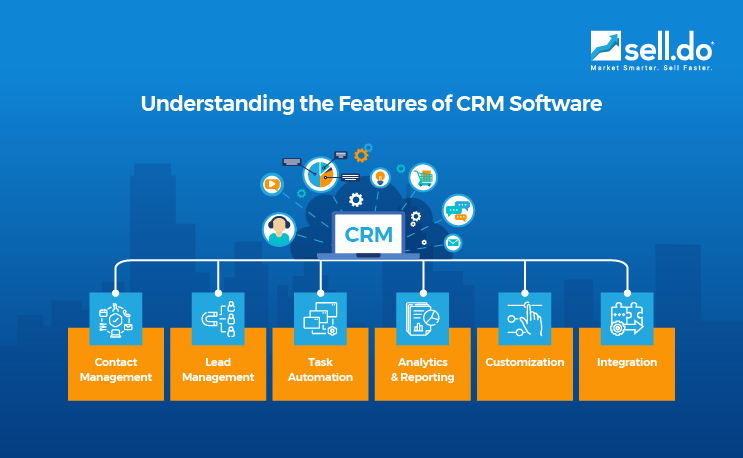
-
Contact Management:
Organizes and tracks information about clients, including contact details, communication history, and preferences. This feature ensures that every team member has access to up-to-date client information, enhancing collaboration and service delivery.
-
Lead Management:
This process captures, tracks, and nurtures leads through the sales pipeline. A robust lead management system helps prioritize leads based on their potential value, ensuring that the most promising prospects receive the attention they deserve.
-
Task Automation:
Automates routine tasks such as follow-up emails and appointment scheduling. This frees up valuable time for agents, allowing them to focus on more strategic activities that require a human touch.
-
Analytics and Reporting:
Provides insights into sales performance, customer behaviour, and market trends. With detailed analytics, businesses can make informed decisions, identify growth opportunities, and optimize their strategies.
-
Customization:
Allows for tailoring the CRM system to meet specific business needs and workflows. Customization options ensure that the CRM can adapt to the unique processes of each real estate business, enhancing its effectiveness.
-
Integration:
Integrates with other tools such as email, calendar, and marketing automation platforms. Seamless integration ensures that all your business tools work together, providing a unified and efficient workflow.
Key Benefits of Using Real Estate CRM for Customer Service
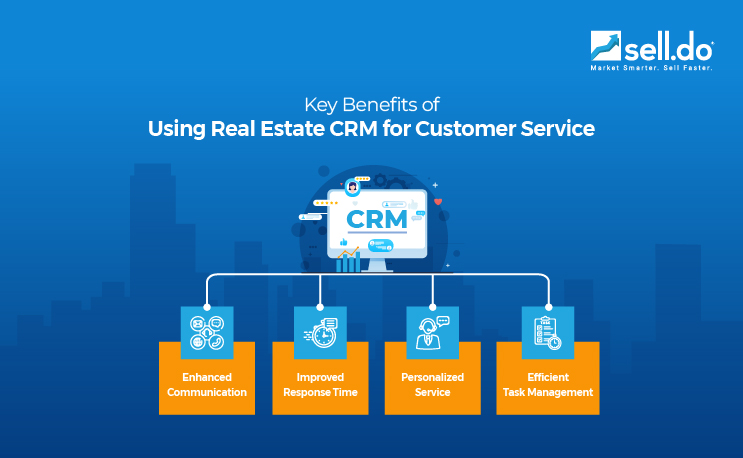
-
Enhanced Communication:
A Real Estate CRM centralizes all client communication, ensuring that no messages are missed and all interactions are tracked. This leads to more consistent and professional communication with clients. Centralized communication ensures that all team members have access to the same information, preventing miscommunications and enabling seamless collaboration. This consistency helps build trust and demonstrates a high level of professionalism to clients. Additionally, clients receive timely updates and responses, which enhances their overall experience.
-
Improved Response Time:
CRM systems automate responses to common inquiries and set reminders for follow-ups, ensuring that potential and existing clients receive timely responses. This boosts client satisfaction and trust. By automating routine tasks, agents can focus on more complex client needs, improving overall efficiency. Additionally, faster response times can make a significant difference in securing leads, as clients are more likely to engage with businesses that respond promptly. This promptness not only impresses clients but also increases the likelihood of successful transactions.
-
Personalized Service:
With access to detailed client information, real estate agents can offer personalized service catering to individual client needs and preferences. This personal touch can significantly enhance the client's experience. Personalization can include tailored property recommendations, customized follow-up messages, and remembering client preferences and milestones. Such attentiveness not only improves client satisfaction but also fosters long-term loyalty. Clients feel valued and understood, which strengthens their relationship with the real estate firm.
-
Efficient Task Management:
CRMs streamline task management by automating routine tasks and setting reminders for important activities. This ensures that every task is noticed, improving overall efficiency and service quality. By providing a clear overview of pending tasks and deadlines, CRMs help agents prioritize their workload effectively. This systematic approach minimizes errors and delays, ensuring that all client needs are addressed promptly and thoroughly. Efficient task management also leads to better time management, allowing agents to handle more clients without compromising on service quality.
Practical Tips for Implementing CRM in Real Estate
-
Selecting the Right CRM:
Choose a CRM that caters specifically to the real estate industry, such as Sell.Do CRM. Ensure that the system has the features necessary to support your business processes and can scale as your business grows. Evaluate different CRM options based on their user-friendliness, integration capabilities, and customer support services. It is crucial to select a CRM that aligns with your business goals and can adapt to evolving market demands. Look for features that address your specific needs, such as lead tracking, client communication, and task automation.
-
Training and Onboarding:
Invest in comprehensive training for your team to ensure they are comfortable using the CRM. Proper onboarding will help maximize the system's benefits and avoid common pitfalls. Regular training sessions can also keep your team updated on new features and best practices, ensuring that they utilize the CRM to its fullest potential. Encouraging a culture of continuous learning will help your team stay proficient and confident in using the system. Additionally, consider appointing a CRM champion within your team who can provide ongoing support and guidance.
-
Data Management:
Maintain accurate and up-to-date data within the CRM. Regularly clean and update your database to ensure the information is relevant and useful. Implement data entry protocols and periodic audits to maintain data integrity. Accurate data is crucial for generating reliable reports and insights, which in turn inform strategic decisions. Good data management practices also help comply with data protection regulations and safeguard client information. Ensure that data entry is consistent and standardized to avoid discrepancies.
-
Customization and Integration:
Customize the CRM to match your specific business needs. Integrate it with other tools and platforms you use, such as email marketing and calendar systems, to streamline operations. Customization can include creating specific fields and workflows that align with your business processes. Integration with other systems enhances efficiency by enabling seamless data flow and reducing the need for manual data entry. This holistic approachensures that all your tools work together harmoniously, providing a unified view of your operations. Additionally, ensure that your CRM can integrate with third-party applications that are essential for your business, such as property listing platforms and financial software.
Conclusion:
In the real estate industry, where client relationships are crucial, Real Estate CRM stands out as a key tool for enhancing customer experience and service. By centralizing communication, improving response times, and enabling personalized service, CRMs help real estate professionals build stronger, more meaningful relationships with their clients.
As you consider implementing a CRM, remember that Sell.Do CRM offers dedicated solutions for the real estate sector, designed to support your business in enhancing sales and improving real estate customer management. Embrace the power of CRM to transform your business and elevate your client relationships to new heights.
By leveraging the full potential of a CRM, real estate businesses can not only improve their operational efficiency but also deliver exceptional customer service that drives long-term success and growth.

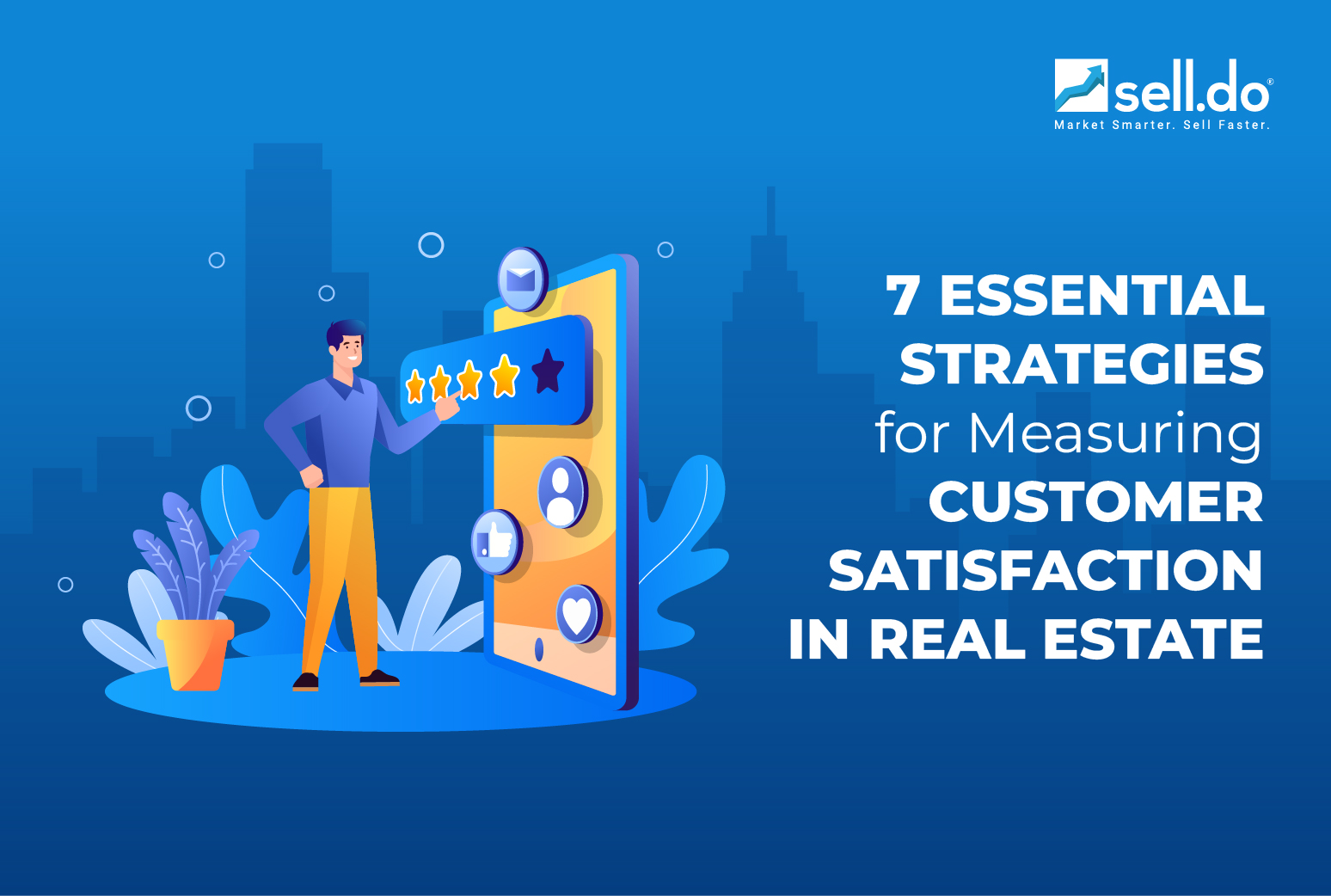


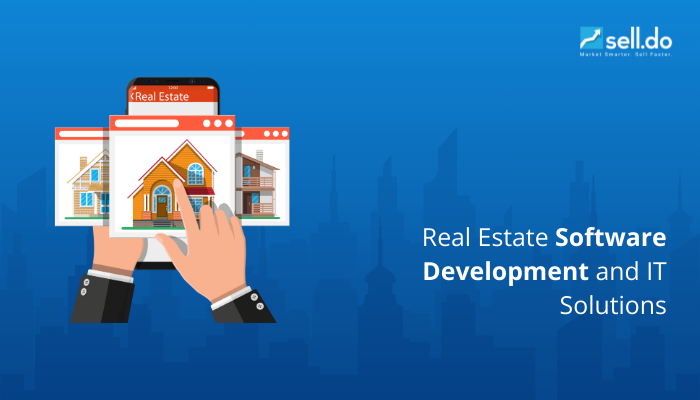

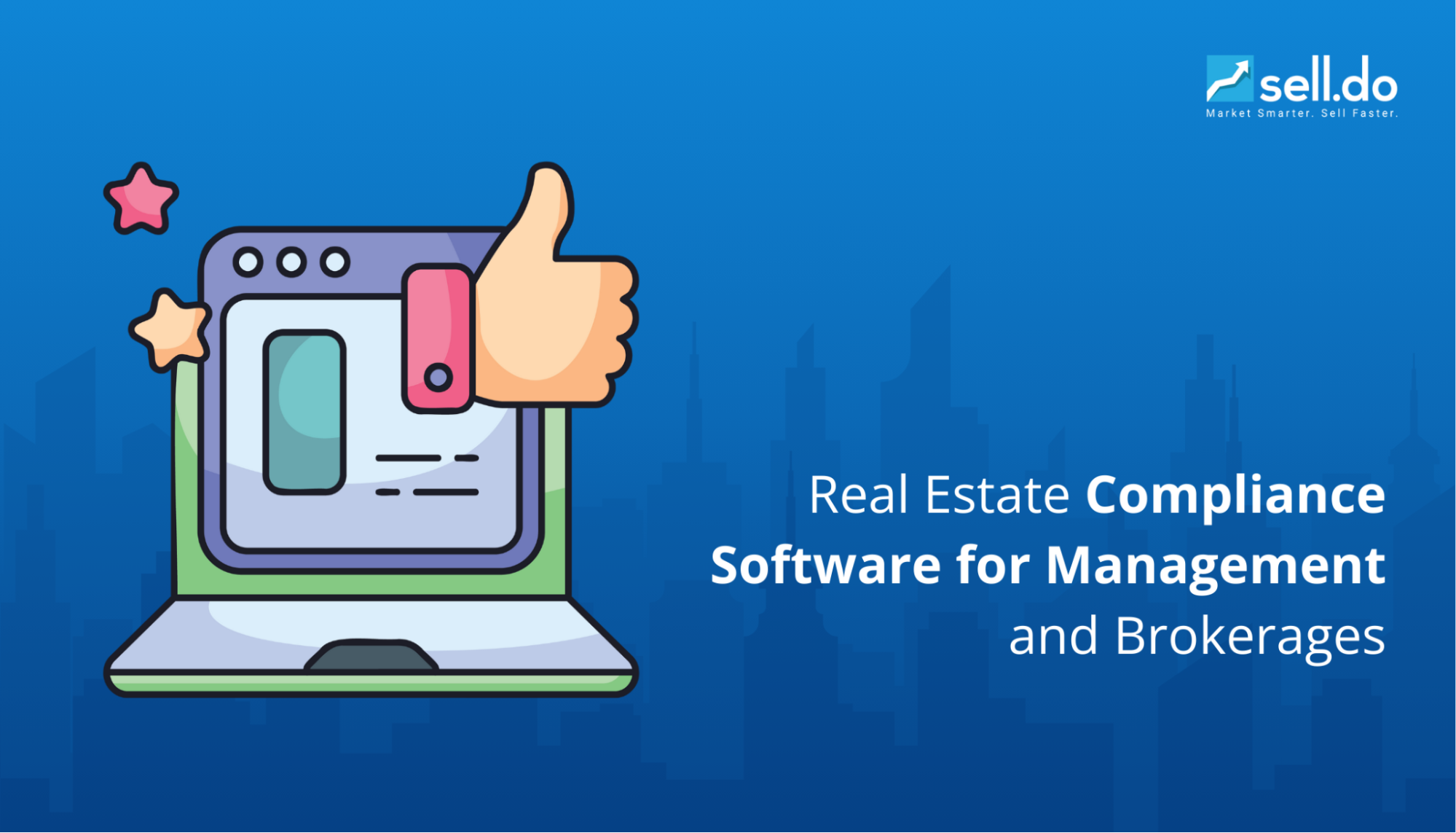
Leave a comment
Comments (0)
Be the first one to comment.